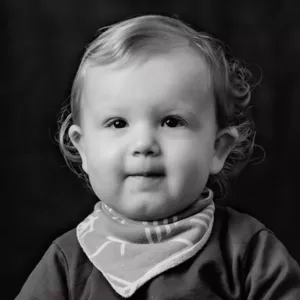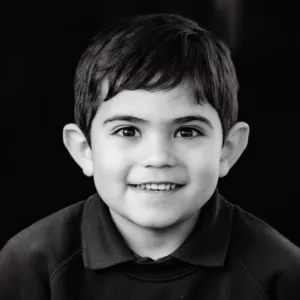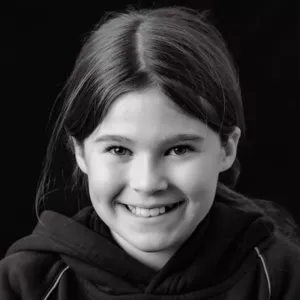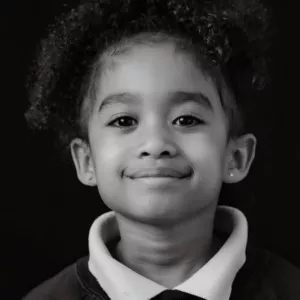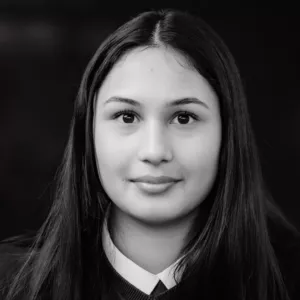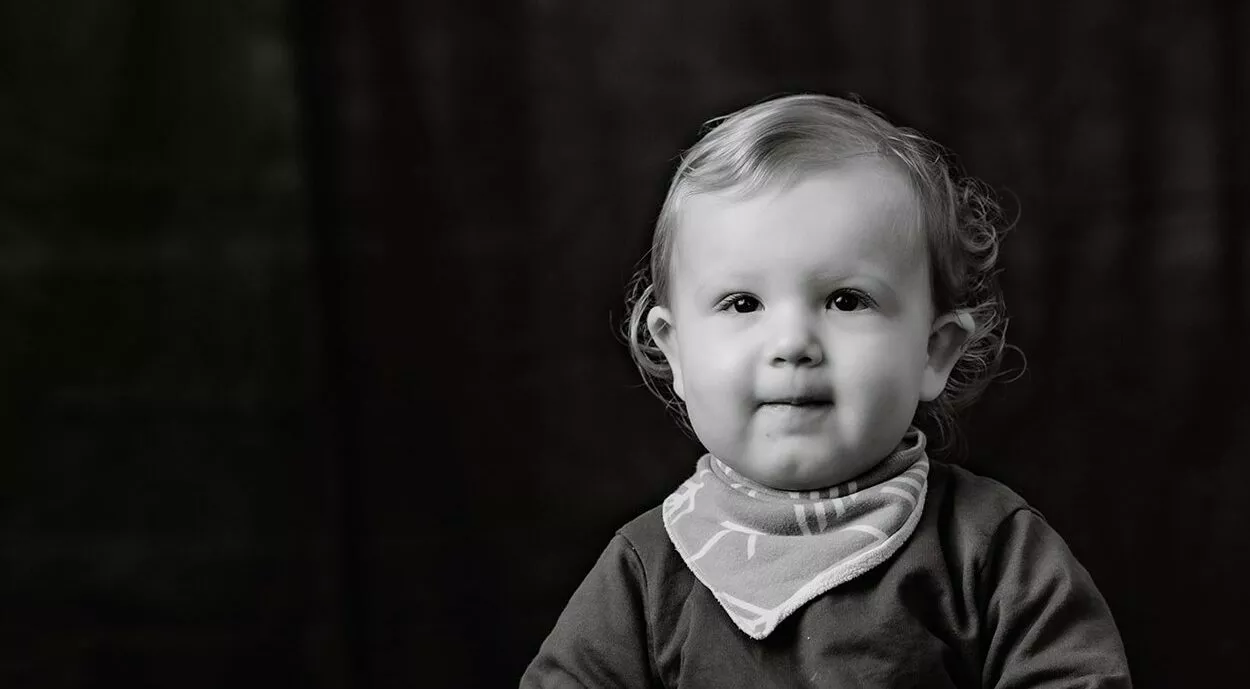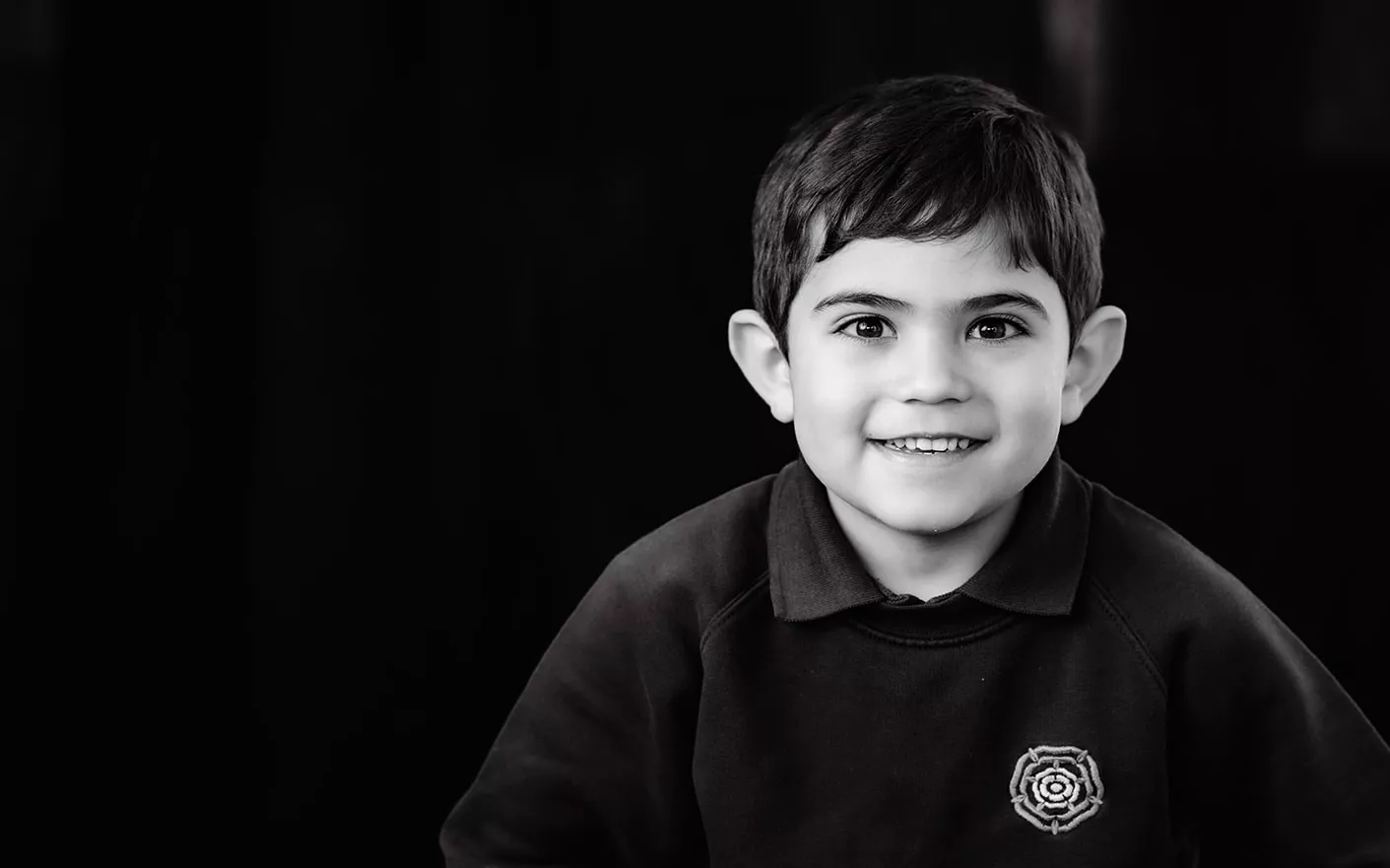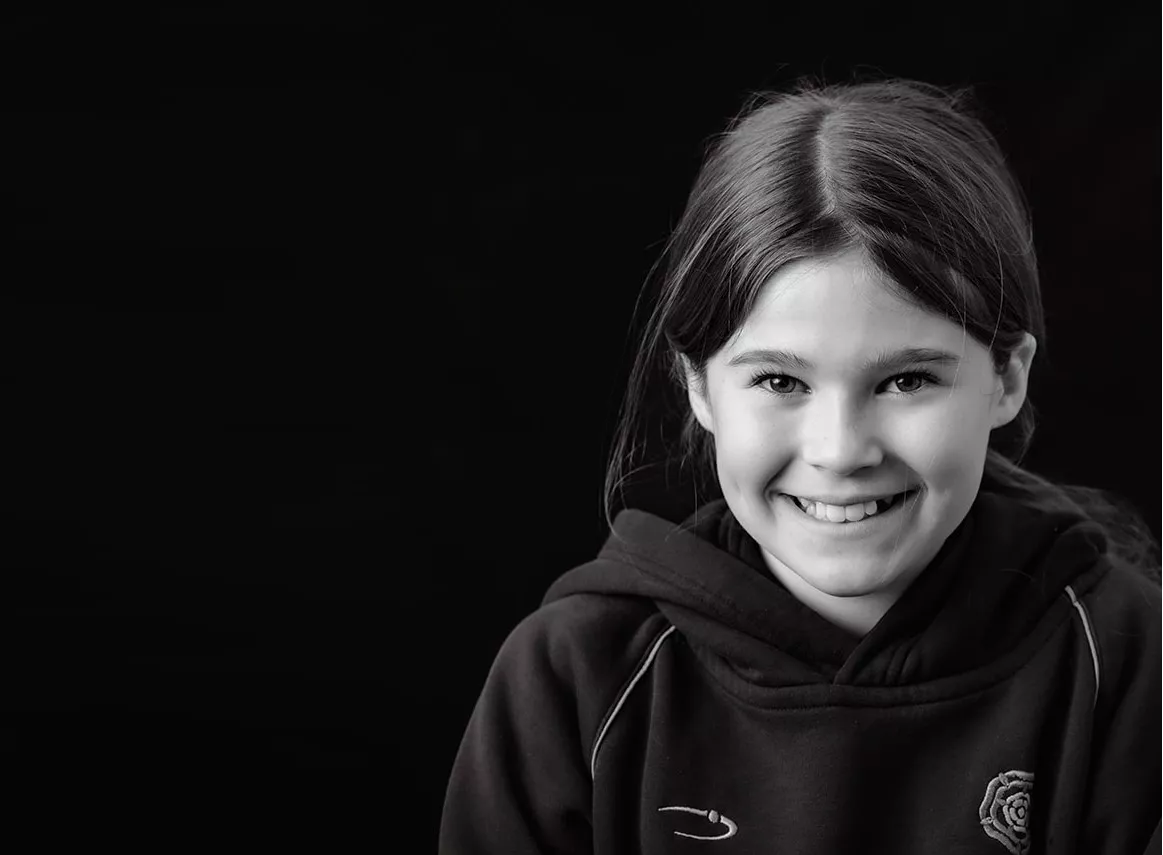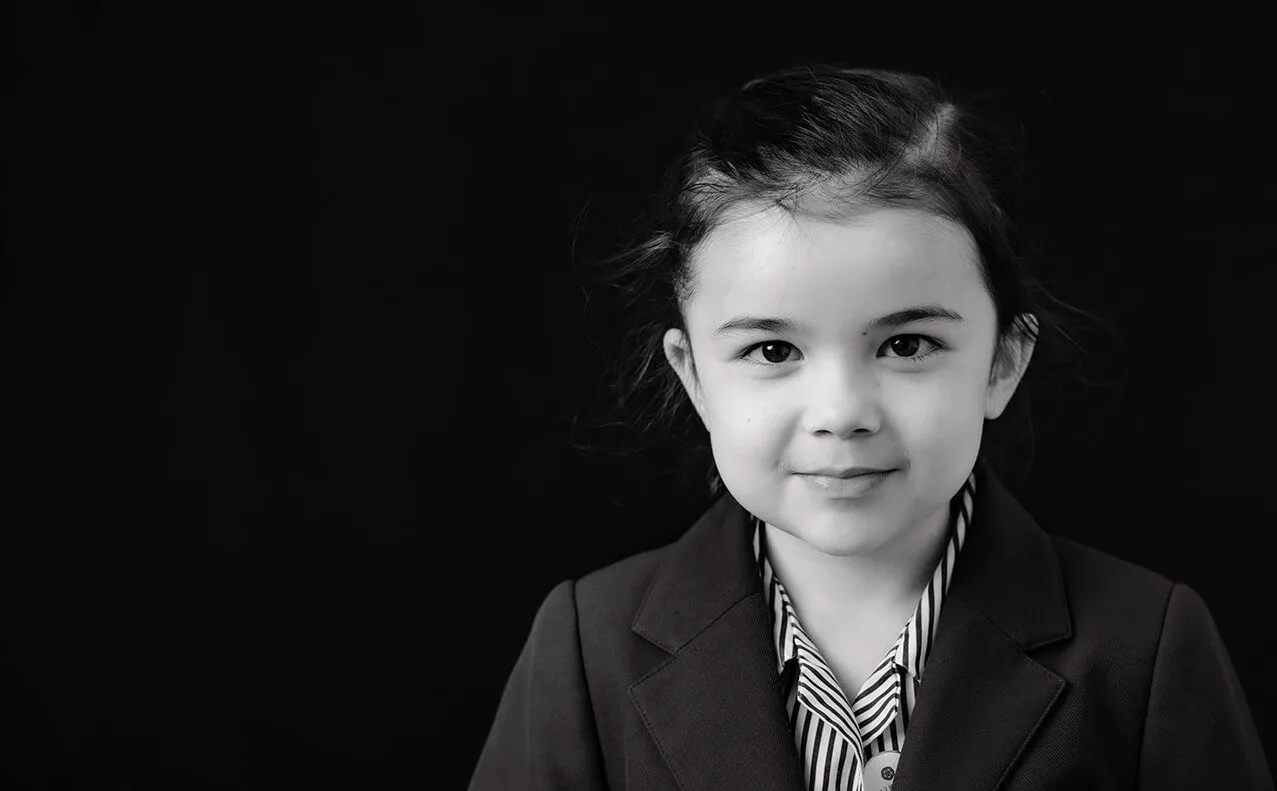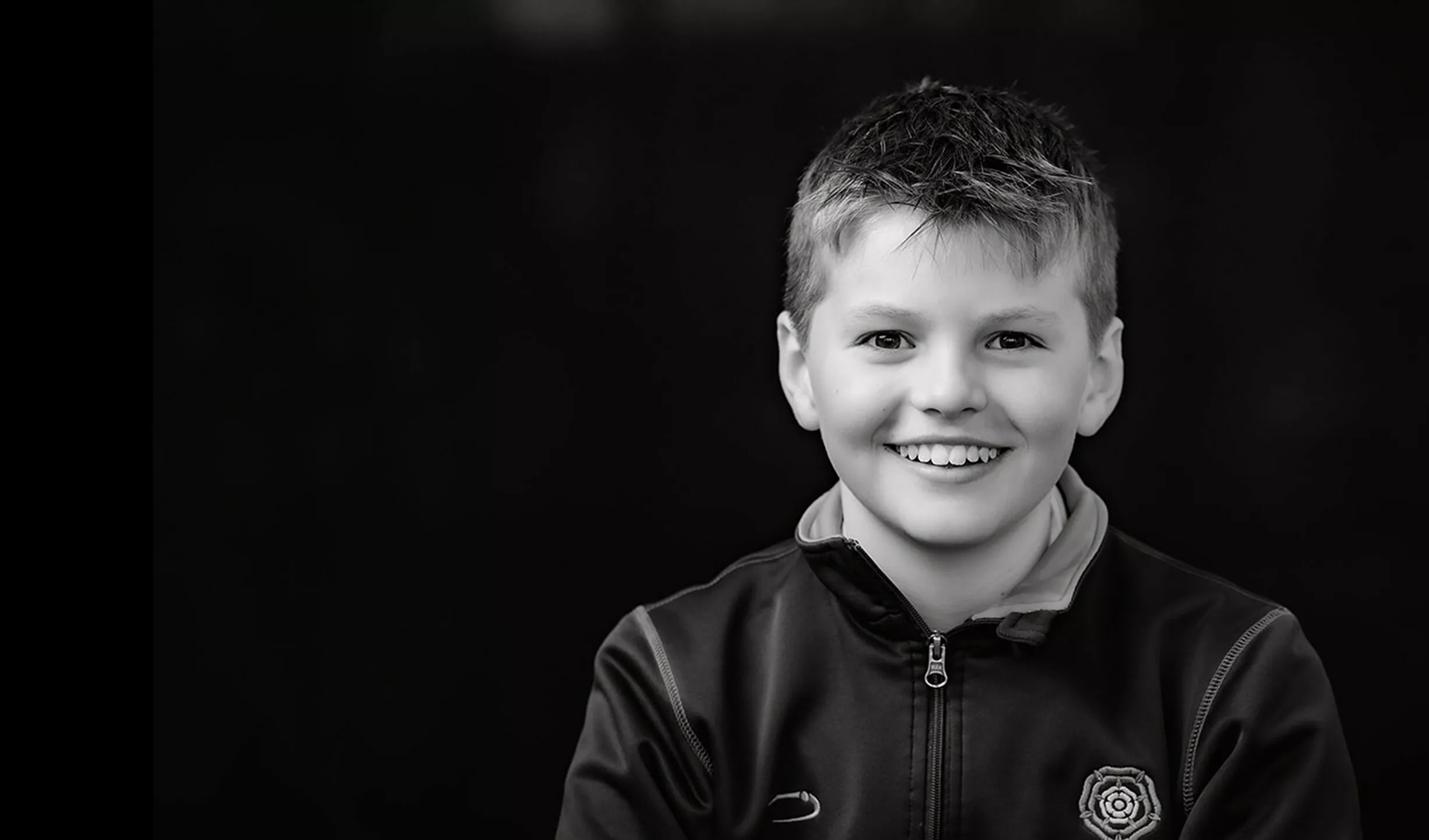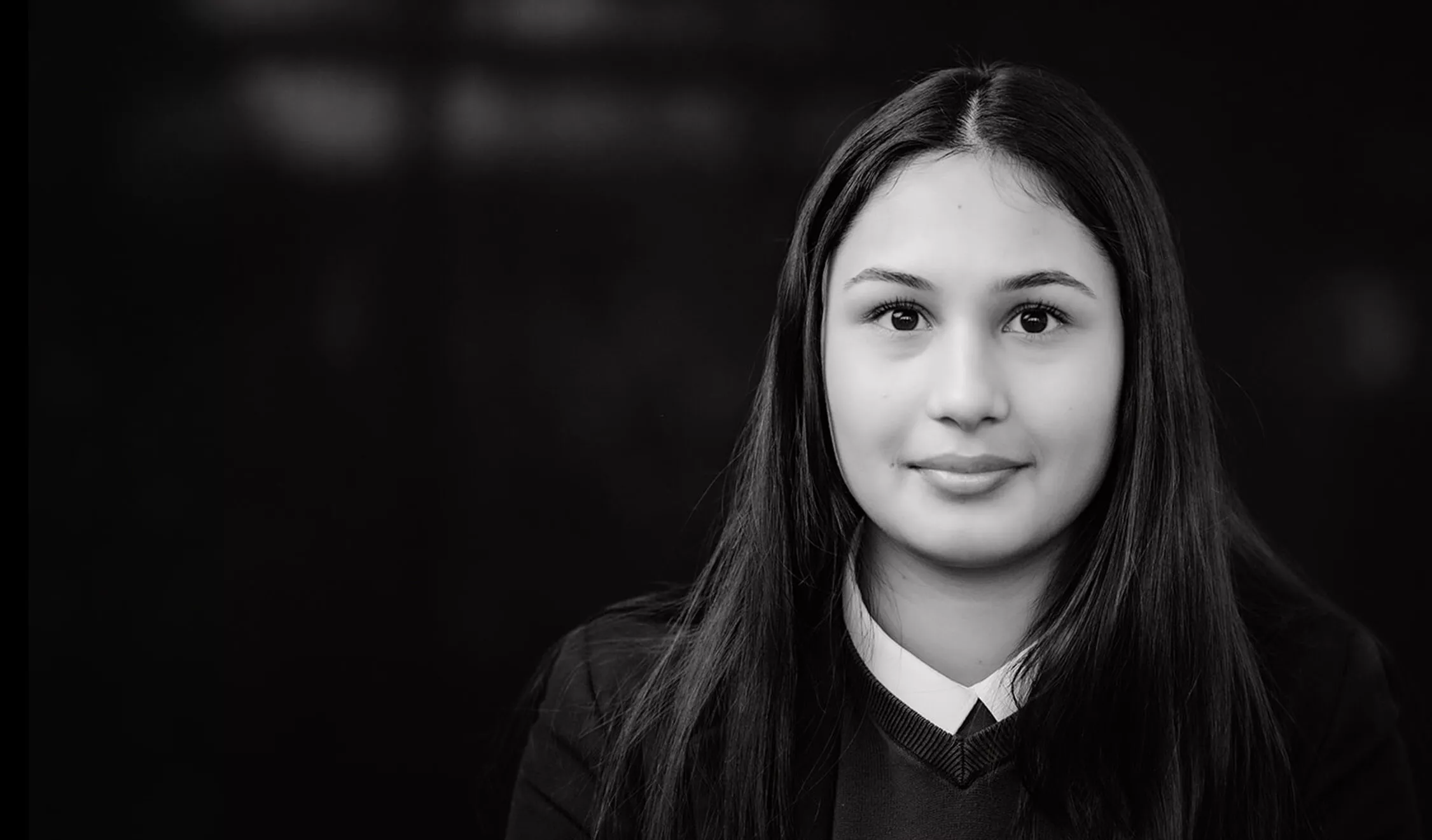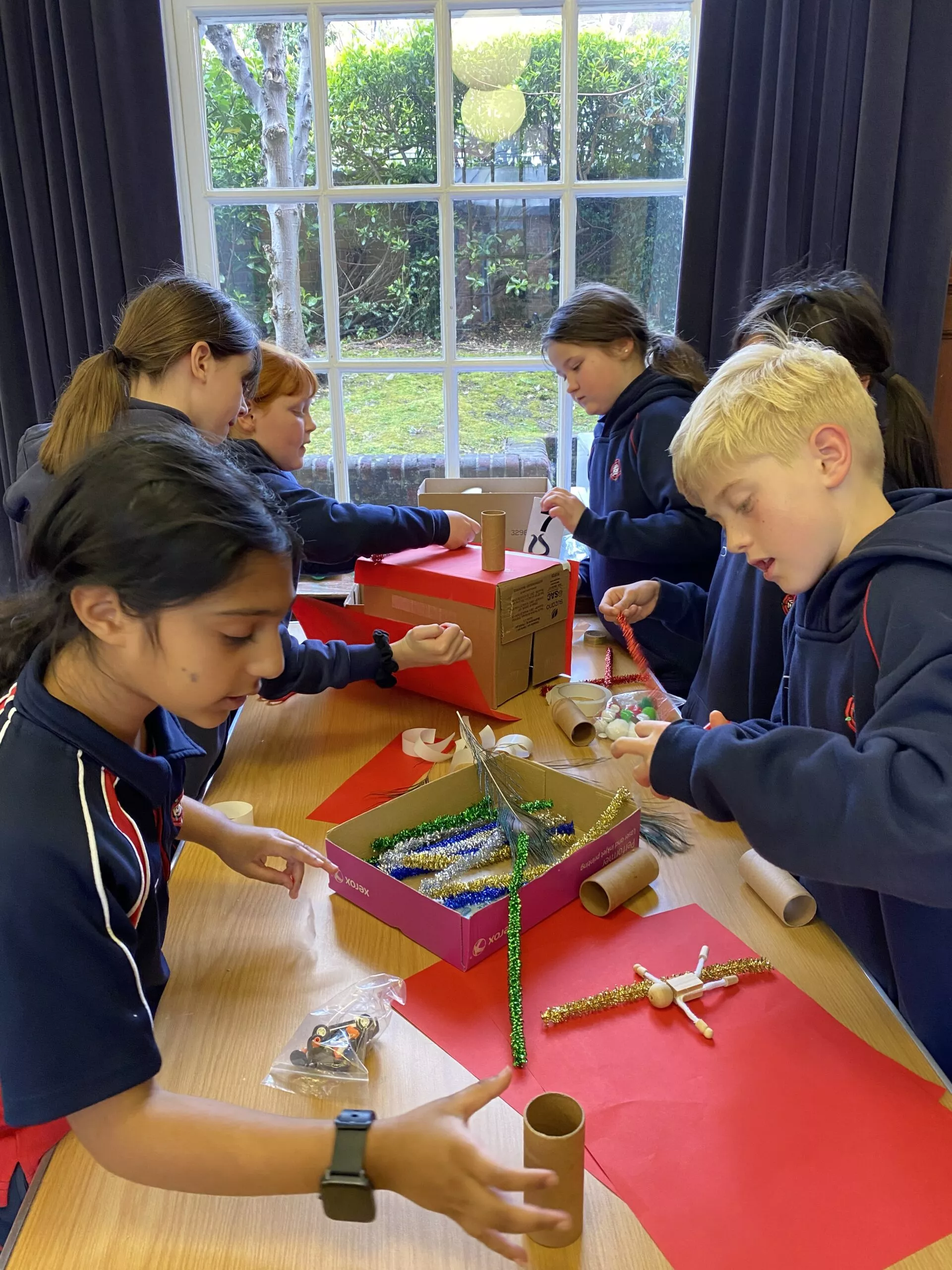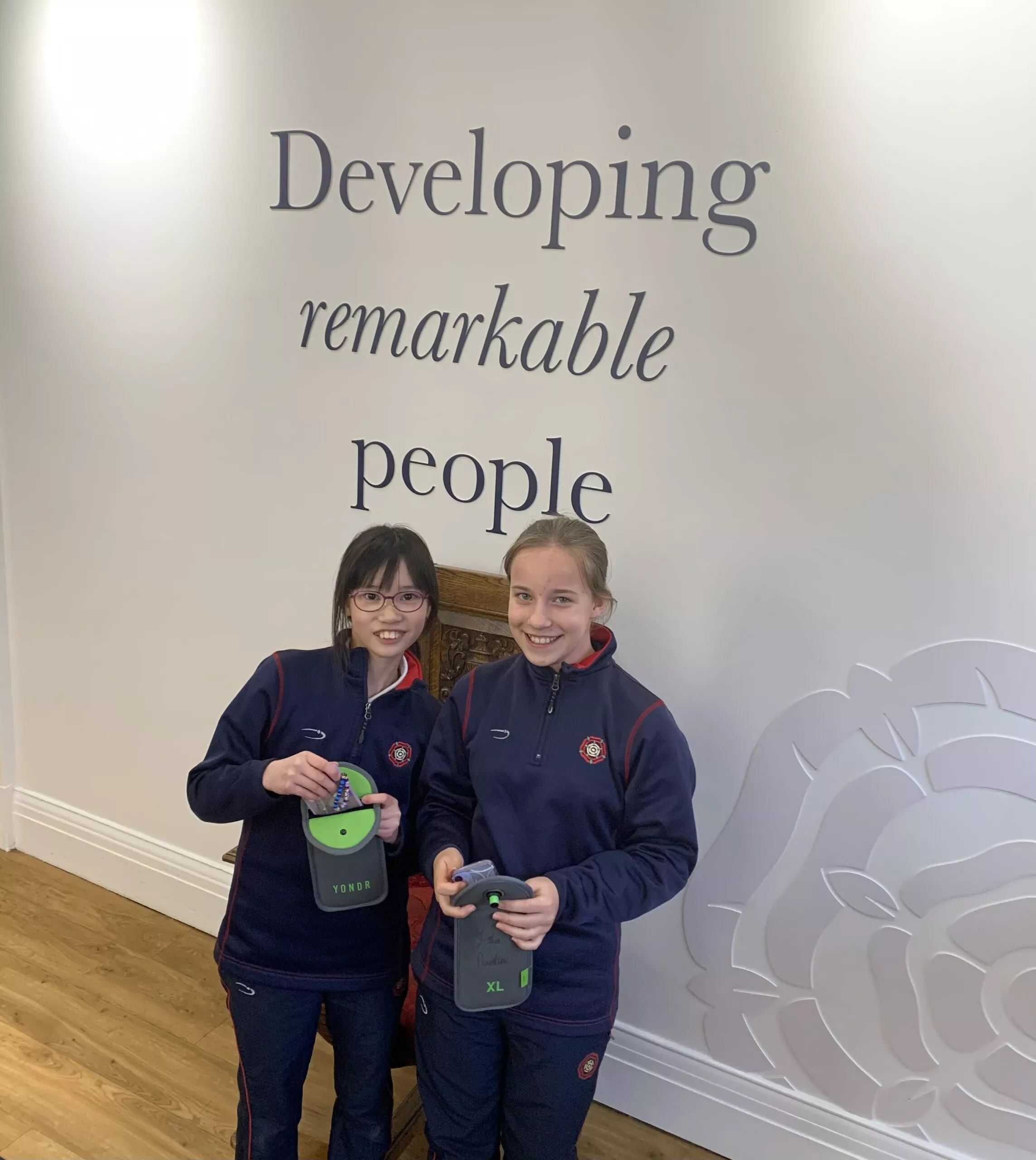News
The Recipe for Success with Kim Hurrell
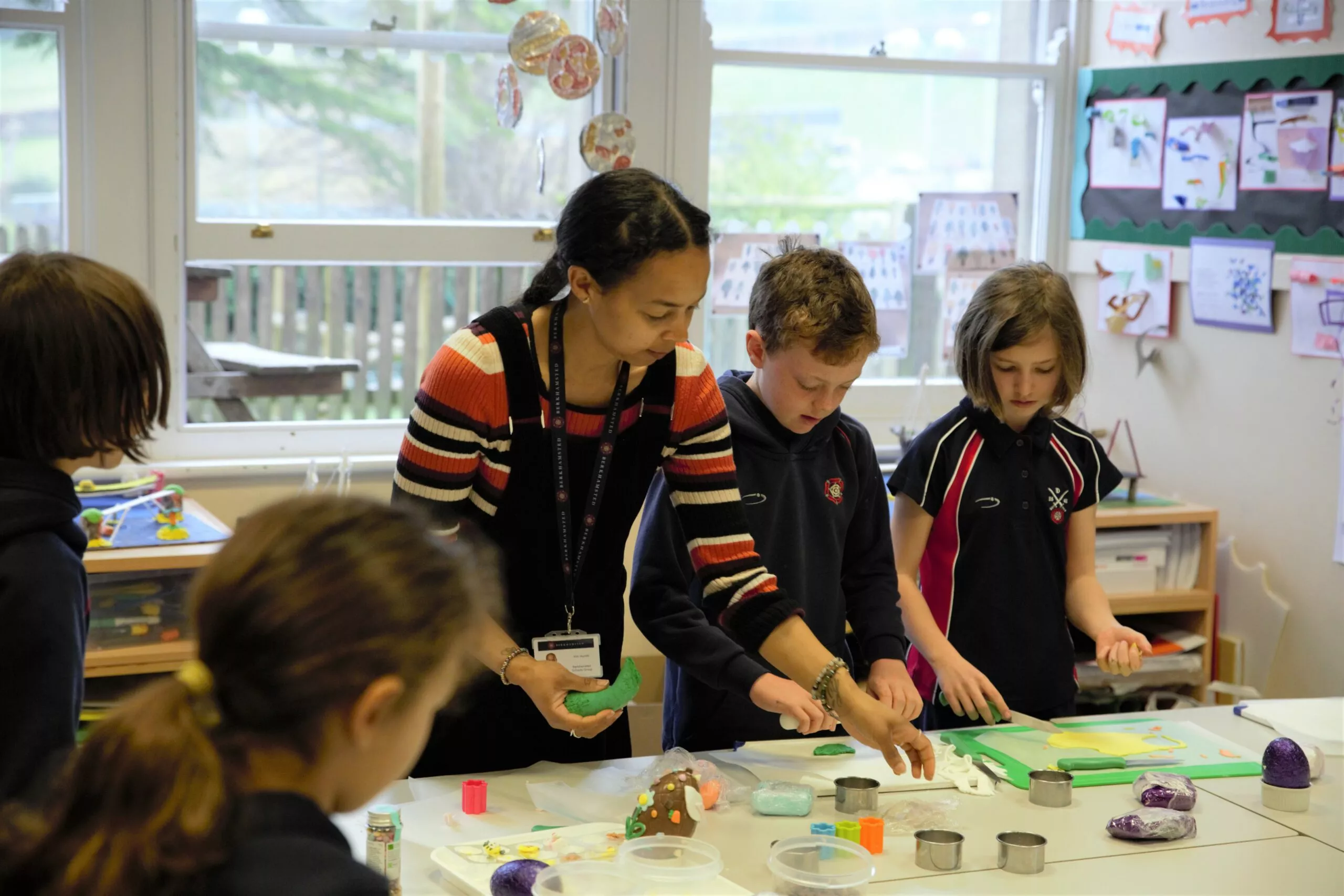
We’ve heard that the cooking options available for students when taking Food Technology can have some relevance to nationalities within the class itself, can you tell us more about this aspect?
The Year 6 curriculum uses the skills learnt in year 5 to tackle more challenging recipes in a topic called Eat The World where we ‘travel’ to different countries around the world and learn recipes from other cultures. When developing the curriculum I tried to take into account as many of the different nationalities we have in the school as possible to ensure that children could see their families represented in our lessons. We start the term looking at WWII in England and how rationing affected diets. This gives us a good jumping off point to then explore the rest of the British Isles. We then move on to see how the demographic of the UK changed after the war by looking at Jewish cuisine, make a Caribbean recipe to celebrate the Windrush Generation and create our own Tikka Masala to see how different cultures can fuse their recipes. Following this, we also cover Italian, Eastern European, Chinese and Japanese cuisine. We end the term with a celebratory dish that enables us to explore the cultural festival of Kwanzaa.
You teach at various stages of a Berkhamsted students’ journey, what kind of development can be expected in the skills learnt and knowledge absorbed? How does the Food Technology journey progress through the school?
The subject is technically supposed to be called Food and Nutrition (Food Technology was ended a few years back) so we now focus on cooking skills and nutrition instead of the technology aspect (e.g. food production). The year 5 curriculum focuses on developing essential kitchen skills including using the ovens and hobs safely, knife skills, food safety and hygiene etc and what constitutes a healthy diet. It is vital that children understand WHY something is good/bad for them if we expect them to make healthy life choices as they grow up.
In year 6, the children will use these skills in more complicated recipes designed to challenge them more. This continues into the senior school where children will not only take on new recipes but also learn more about the science of cooking, so they are building on the skills and the knowledge they have learnt in the Prep school.
What skills does Food Technology provide students at the schools? Why is it a part of the curriculum?
Cooking is an essential life skill, I don’t think that can be overstated. We all need to eat and we all need to mindful of how we can keep ourselves healthy as we have a growing number of people in the UK developing type 2 diabetes, becoming dangerously overweight or developing dental problems as a result of eating too much sugar. The lessons we teach our children now about how to eat well will stand them in good stead for the rest of their lives. It is also about teaching children how to work independently, problem solve and also explore the creativity that cooking offers. Many of our prep school children cook at home, either their own recipes or repeating the ones they have learnt in lessons. For those who perhaps struggle in other subject areas, the practical nature of cooking allows some children the ability to feel pride in something they have accomplished with their own hands. Food and nutritional is also a great cross curricular subject. Within our lessons we cover PSHE (eating well, exploring other cultures, diversity), geography (identifying where certain recipes/ingredients come from), history (the origin of certain food dishes – in the past we have discovered the origins of hot cross buns and mince pies!), and science (particularly in baking).
How does the class split for a single term (one half doing Food Tech the other Art), before swapping over – help the students? Does it help your teaching too?
There are on average 20 students in one form. Each term half will come to food and half will go next door to DT. This is essential partly because our kitchen can only hold 10 students at one time, but also because it allows us more time to focus on the 10 children we have. Cooking can be quite a high risk lesson with sharp knives, ovens and boiling water, so if we had more than 10 in a class it would increase the risk of accidents as my attention would be divided further. It also means that I can really get to know each child’s style of cooking and therefore give them individual guidance when needed if I see they are struggling.
What does your food background look like?
I have had an interest in food, particularly baking, since I was a teenager. I studied Hospitality Business Management at university which had additional food and cooking elements, I worked in hotels and restaurants during the course including a year work experience at The Grove in Watford. I worked in a hotel in London as an events coordinator before having my first daughter. I have always bounced between roles in social care and hospitality as these are my two great interests. I took the role of Food Technology Technician at Castle Campus, Berkhamsted Girls when I was returning to work after my second child, but was also working as a carer for the elderly. The technician role was a great introduction to the world of teaching for me as I hadn’t considered being a teacher before I started working at the prep school.
What foods are you a fan of?
My favourite cuisine is Thai, but I do also love a traditional steak and chips. I spend a lot of time in my kitchen at home, whether that is completing orders, making dinner, cooking with my children or just trying out new recipes. I love to make homemade gifts for Christmas and birthdays and seem to also spend a lot of time reading recipe books and blogs!
What is your signature dish?
My cakes are what I am most well-known for. I love to put my artistic side into creating fun celebration cakes – my children now have very high expectations for their birthdays! However, my signature dish is probably my chicken noodle soup. As I have Jewish and Caribbean heritage, I have a wealth of amazing family recipes to choose from. I now teach the year 6s my Jewish chicken noodle soup recipe as I think it is amazing and needs to be passed around!

